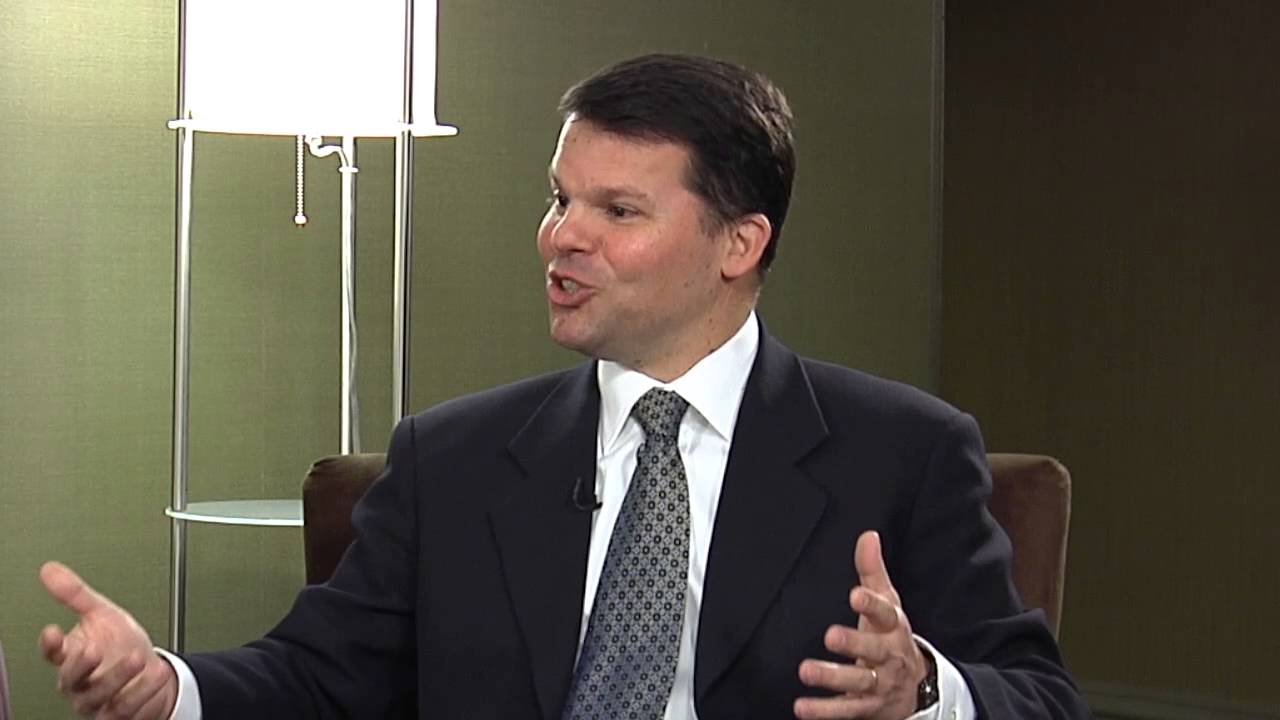Lower The Risk of Pancreatic Cancer
Reducing The Risk of Getting Pancreatic Cancer
Written By Tony Subia
May 2016
Updated July 2023
Pancreatic cancer cannot be prevented and presently there are no “easy tests” for early detection. However, you can take steps to mitigate the risk by becoming your own best healthcare advocate. You must be aware of those many ways to minimize your chances of getting pancreatic cancer. It requires keen awareness of all of risk factors and symptoms of pancreas cancer.
The most important advice we can give you is to stay observant and vigilant of any signs that could be indicative of pancreatic cancer. It has the worst survival rate of any cancer and is extremely crucial that it is discovered as early as possible, particularly while the cancer is confined to the pancreas before it has spread to surrounding tissue and to distant organs. Always practice a healthy lifestyle to help avoid this dreadful disease. If you become unfortunate and get pancreatic cancer. always remain positive. Let the courage within you believe it does not have to be an automatic death sentence. There are many long term pancreatic cancer survivors.
Comparative 5-Years+ Survival Averages After Diagnosis of Pancreatic Cancer:
- Localized (Stage 1) while the cancer is still contained within the pancreas ~ 44.3%
- Regional Spread to Regional Lymph Nodes ~ 16.2%
- Stage 4 Spread (Metastasized) to Distant Organs ~ 3.2%
*Source: National Cancer Institute
The above average 5-year pancreatic cancer survival rate is 12.5% across all stages. The key to surviving long term is being diagnosed early at Stage 1 before the cancer has spread to distant organs at Stage 4: 44.3% versus 3.2%. Surviving long term and possibly being considered cured requires keen vigilance symptoms and avoiding the risk factors of getting pancreatic cancer.
Ways To Lower The The Risks of Getting Pancreatic Cancer
Risk factors fall into 2 primary categories. Those that are self-modifiable such as smoking and obesity versus risks beyond your control like advancing age, heredity aspects and environmental conditions Following are the top ways to lessen risk that are within your control.
ONE. Don’t smoke cigarettes. If you do, quit. Most studies show that smoking causes 20 to 25% of pancreatic cancer cases. An added benefit of not smoking significantly decreases the risk of getting any type of cancer. In fact, the CDC estimates that smoking causes 80 to 90% of lung cancer deaths. Although not proven, smoking cigars and using smokeless tobacco products may also contribute to a level of risk.
TWO. Studies show that obesity is the second highest pancreatic cancer risk factor right behind smoking. People having a “Body Mass Index (BMI)” of 30 or greater are about 20% more likely of getting pancreatic cancer. The larger the BMI number, the greater the risk. Healthy weight is described as an appropriate body weight in relationship to height per. Having a waistline of greater circumference of a person’s hips is also a risk factor even if your BMI is in the healthy ratio area. As a bonus reduction in risk factor, obesity is a major risk factor for Type 2 Diabetes which considered the 3rd highest risk of getting pancreatic cancer.
THREE. Type 2 Diabetes can be both a risk factor and a symptom. Get a blood test to test whether or not your blood sugar levels are within proper range. There are many causes of Type 2 Diabetes including being overweight, poor diet, and inactive lifestyle. According to the National Institute of Health, Type 2 Diabetes or impaired glucose tolerance exists in 50 to 80% of pancreatic cancer patients. The best way of avoiding diabetes is maintaining a healthy diet and staying active. Make water your primary beverage.
FOUR. Pancreatic cancer is one of the most misdiagnosed of cancers. Some studies show that pancreas cancer is often misdiagnosed. Some studies show up to 30% of the time. Early symptoms can be vague and indicative of
common illnesses such as acid reflux and gastritis. General family physicians who represent the first line of defense may not even consider the possibility of pancreatic cancer.
Open, non-rushed communication between patient and doctor is important. If you are being treated for a more common illness and the symptoms still remain after a reasonable treatment period, notify your doctor. Do not allow time for a misdiagnosed aggressive cancer to spread to a point when it becomes more difficult to treat. Do not hesitate getting a second opinion.
FIVE. Inherited Gene Mutation Syndromes. Although inherited factors are beyond your control, if you have a family history of any cancer you can be tested to determine if any inherited gene mutations exist which might increase your risk of getting pancreatic cancer. If any tests are positive they could make you a “high risk candidate”. If so, consider having a comprehensive discussion with your doctor about being monitored at certain intervals. Your doctor may recommend a pancreatic screening strategy.
SIX. If your family has a history of any type of cancer, discuss genetic counseling and genetic testing with your doctor. You could be a carrier of suspect gene mutations. Counselors evaluate your family history of cancers and may suggest getting genetic tested. If you are a carrier, periodic screening for pancreatic cancer could be recommended by your doctor. Screening could include blood tests, imaging, and other possible screening methods to detect any evidence of cancer at the earliest possible stage.
SEVEN. Chronic pancreatitis is a long-term that inflammation of the pancreas which will get worse over time and can ultimately lead to permanent damage to the pancreas. It is a very painful and serious disease that can double the risk of pancreatic cancer versus the regular population. Both chronic pancreatitis and pancreatic cancer can exist at the same time. It adversely affects both roles of the pancreas to deliver digestive enzymes and insulin to control levels of blood sugar.
EIGHT. If you are a younger person, do not assume that pancreatic cancer is an “older person’s disease. More and more younger people are getting pancreatic cancer. According to a Johns Hopkins study, it takes about 11 years for the first cancer cell to develop and another 7 years before billions of cloned cancer cells create a tumor the size of a plum. That accounts for 18 years of lag-time, which represents a wide window of opportunity for discovery of the cancer as early as possible.
NINE. Screening Those At Very High Risk. There is no way to prevent pancreatic cancer and there is no easy method of screening similar to a mammogram to detect evidence of breast cancer. Screening for pancreatic cancer is not recommended for the general population, particularly those that have no obvious symptoms. However, if genetic testing shows you are at “high risk”, your doctor may suggest pancreatic cancer screening to determine if pancreatic cancer may exist. Screening for pancreatic cancer could include various methods including endoscopic ultrasound and MRI’s.
TEN. Always be vigilant. Know the Risk Factors and Symptoms of Pancreatic Cancer.
IN SUMMARY. You can educe the risk of getting pancreatic. Don’t smoke or quit. Stay physically active. Eat a healthy diet. Avoid being misdiagnosed by having good communication with your doctor. Avoid becoming obese which will increase the chance of developing Type 2 Diabetes which is a major risk factor of pancreatic cancer. Do not abuse alcohol. Know your family history of cancer and get genetically test if necessary. Know the risk factors of pancreatic cancer and know the symptoms of pancreatic cancer. As a bonus, these same suggestions will lower the risk of getting many other types of cancer as well as heart trouble, strokes, and other diseases.
All information about pancreatic cancer provided within this website is not intended to provide medical advice. It is intended as awareness and education only. It is not a substitute for consulting with your own health and medical professionals. The information is not intended to be used for self-diagnosis. Information is intended to spread knowledge and awareness to help make people more aware of how reduce the risk of getting pancreatic cancer.


